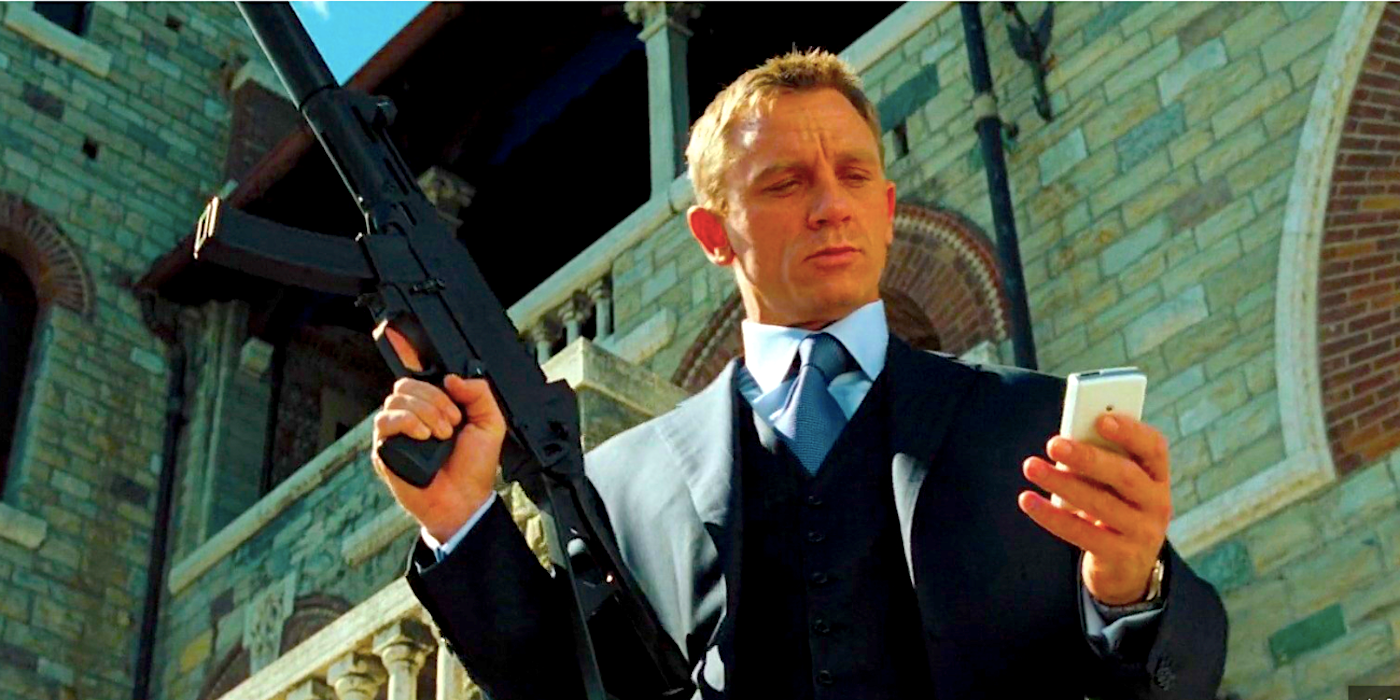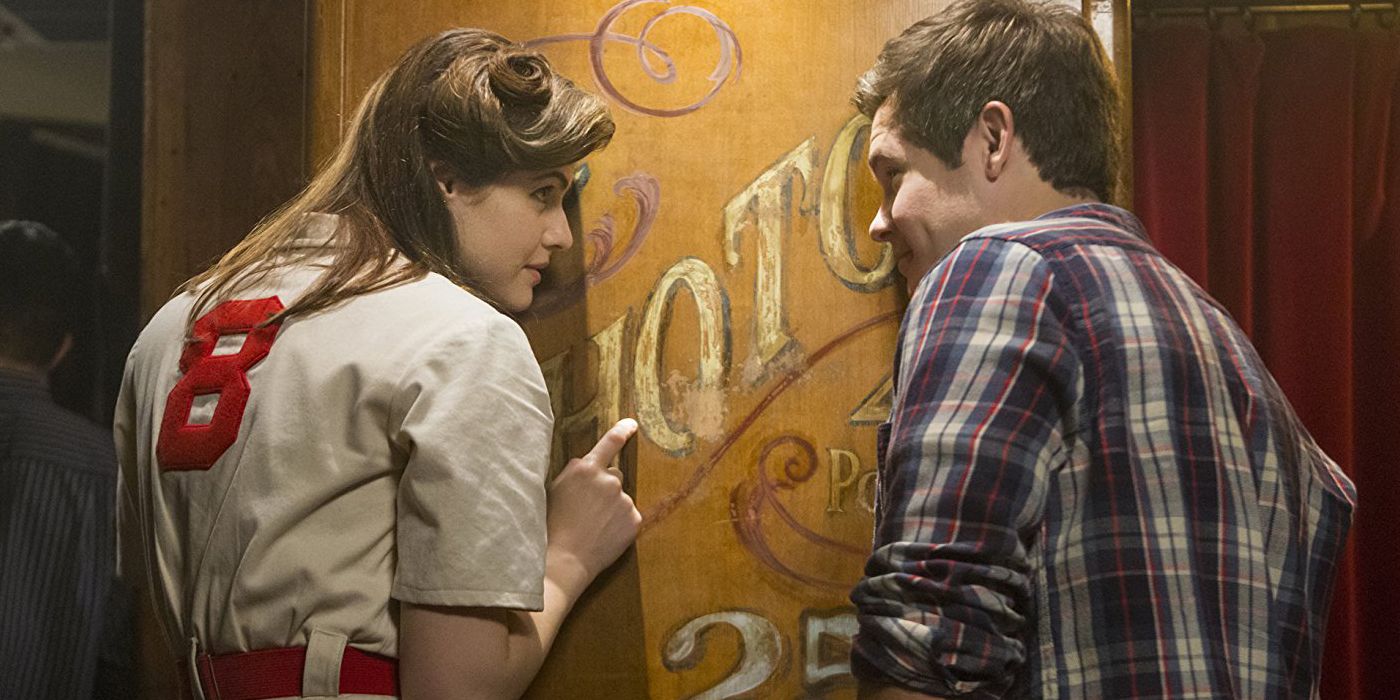Bond 26 is currently in the works, and by taking the Bond films back to the 1960s, it has the opportunity to fix a major problem with the Daniel Craig era. There have been few updates regarding Bond 26, though some rumors suggest that the film’s producers may choose not to set the movie in the present day. If that does end up being the case, Bond 26 has the opportunity to right a wrong of the Daniel Craig era.
Craig’s era consisted of five films released between 2006 and 2021. Like every James Bond era before it, Craig’s time in the role was presumed to take place in a contemporary setting. However, as his films went on, a problem gradually began to present itself more and more. Setting Bond 26 in the 1960s provides the perfect solution to this problem. The issue in question relates to the Bond franchise’s use of modern technology.

Related
10 Reasons James Bond 26 Has Us Worried About 007’s Movie Future
Bond 26 faces many challenges, and the search for a new actor to take on the role of 007 is only one obstacle the franchise must overcome.
Modern Technology Has Made James Bond Stories (& Movies Generally) More Difficult To Tell
Cell Phones Are The Enemy Of Tension

The James Bond film series started way back in 1962, long before cell phones were ever invented. Furthermore, the books that many of the films are based on date back to 1953. When Ian Fleming first conceived the idea of James Bond, the internet wasn’t a thing and the idea of using a phone to take photos would’ve seemed insane. The world of James Bond was never envisioned with modern technology in mind. During Daniel Craig’s era, this contradiction began to become an issue.
Though Daniel Craig’s Bond era had fewer gadgets, it did come at a point when cell phones, much like today, were everywhere. It only seemed natural that they would enter into the world of James Bond, but it created a major storytelling problem. Tension plays a key role in the Bond films. After all, international spies often find themselves in dangerous and deadly situations. However, it’s a lot harder for filmmakers to build tension if using a mobile phone is an option.
It’s not a problem that’s unique to the Bond franchise. In fact, fewer and fewer films are being set in modern-day society. A quick glance at the 2024 Best Picture Oscar nominees confirms this, with 6.5/10 of the titles being set either in the past or some kind of make-believe world. The Bond films have tried to confront this problem – the poison scene in Casino Royale being a notable example – but the issue no doubt remains a headache for the makers of Bond and filmmakers alike.
James Bond 26 Being Set In The 1960s Has Other Benefits Too
A New Setting Means A Fresh Start
As well as reintroducing tension, setting Bond 26 in the 1960s would have other advantages. For starters, it would be a fresh start for the franchise. The Bond series has been around for 62 years and, in that time, has had its fair share of highs and lows. While the Craig era was something of a renaissance, what with its strong overall box office performance and solid critical reception, there is still a danger of the films becoming stale. A change in setting would provide fertile ground for storytelling opportunities which, in turn, could restore interest in the franchise.
Another benefit of a 1960s setting is that the films would be closer to Ian Fleming’s original Bond vision. Fleming wrote twelve Bond novels and two collections of short stories between 1953 and 1964, each one being set in a contemporary period during the author’s lifetime. Setting Bond 26 in a similar time period would be much more in keeping with Fleming’s work. Inspiration could even be taken directly from some of the novels, many aspects of which have yet to be adapted.





